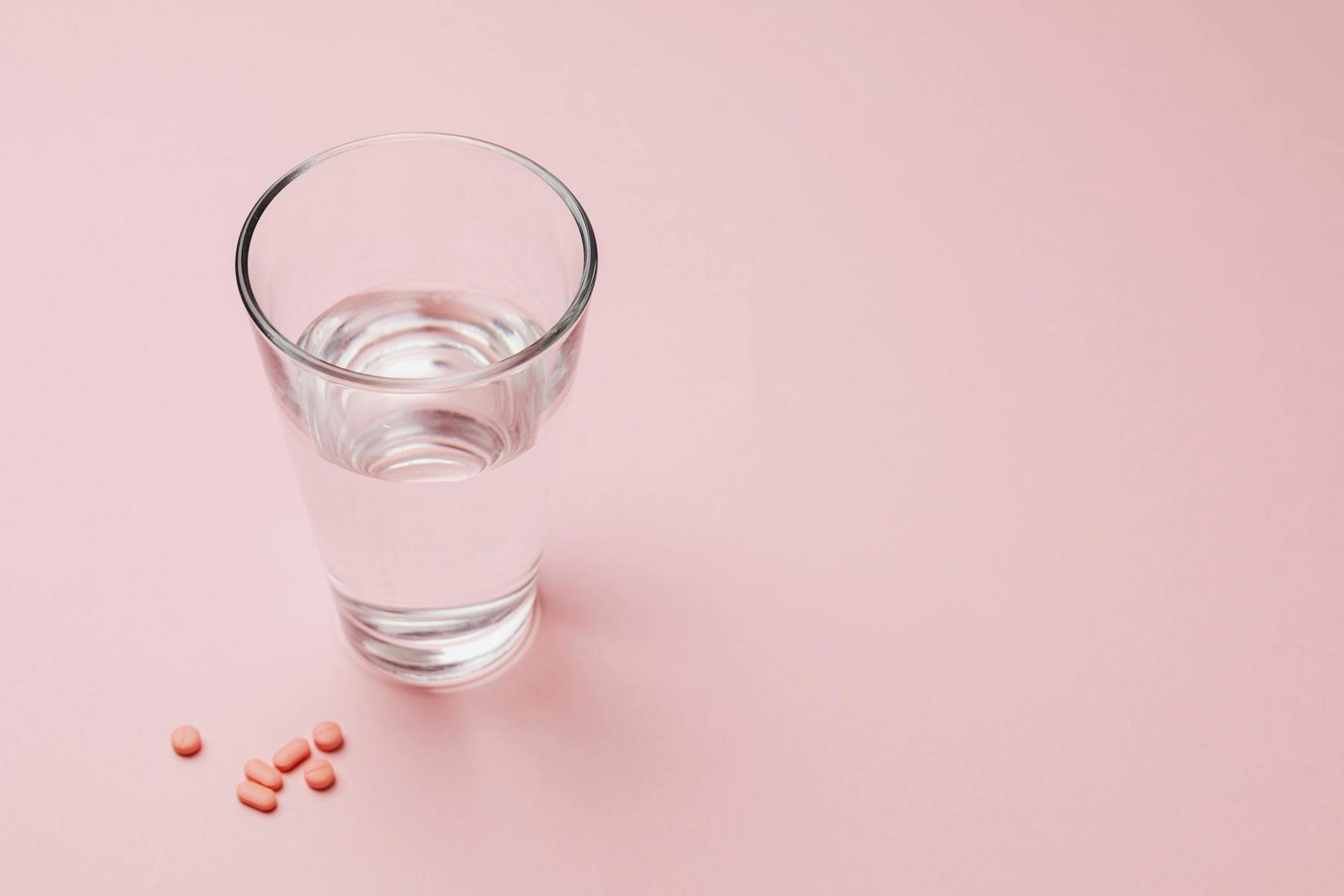For many Australians navigating the path to a healthier weight, alcohol consumption presents a significant yet often overlooked challenge. With 77% of Australians aged 14 and over consuming alcohol monthly, understanding how these drinks impact weight management isn’t just helpful—it’s essential. The relationship between alcohol and weight loss extends far beyond just calorie counting, affecting your metabolism, hormones, and even decision-making in ways that can fundamentally alter your weight loss journey.
How Does Alcohol Disrupt Your Body’s Fat-Burning Mechanisms?
When you consume alcohol, your body treats it as a toxin that requires immediate attention. This creates a metabolic priority shift with profound implications for weight loss.
The liver—your primary fat-processing organ—immediately shifts its resources to metabolising alcohol instead of breaking down fats. Research shows this process reduces lipolysis (your body’s fat-burning mechanism) by up to 73% for more than 24 hours after drinking. This means that not only does alcohol contribute its own calories, but it effectively pauses your body’s ability to use stored fat for energy.
The metabolic disruption occurs because your liver can only process one unit of alcohol per hour. During this processing time, excess glucose and lipids that would normally be used for energy are instead converted to fat for storage. This creates a double obstacle for weight loss: adding new fat while simultaneously preventing existing fat from being metabolised.
This prioritisation system exists because, unlike protein, carbohydrates, and fats, your body cannot store alcohol. As it enters your bloodstream, your metabolism immediately redirects its focus to eliminating this toxin—creating what scientists call a “metabolic traffic jam” that significantly impacts weight management efforts.
Why Are Alcohol Calories Particularly Problematic for Weight Loss?
When examining why alcohol poses such a challenge for weight management, the caloric density becomes immediately apparent. At 7 kilocalories per gram, alcohol ranks just below fat (9 kcal/g) and above carbohydrates and protein (both 4 kcal/g) in energy content.
These calories are considered “empty” because they provide virtually no nutritional benefit—no protein to build muscle, no fibre to support digestion, and negligible vitamins or minerals. When you consume alcohol, you’re essentially adding calories without adding nutrition.
The caloric impact varies significantly between beverages:
| Alcoholic Beverage | Average Calories | Equivalent Exercise (to burn calories) |
|---|---|---|
| Champagne (120ml) | 84 kcal | 10 minutes of swimming |
| Wine (175ml) | 160 kcal | 20 minutes of cycling |
| Beer (pint) | 240 kcal | 25 minutes of jogging |
| Large Gin & Tonic | 390 kcal | 40 minutes of aerobic exercise |
What makes these calories particularly problematic is they’re often consumed in addition to regular meals rather than as a replacement. This creates a substantial caloric surplus without providing satiety, meaning you’re likely to eat your normal amount of food despite having consumed extra alcohol calories.
The Australian NHMRC guidelines recommend consuming no more than 10 standard drinks per week and no more than 4 standard drinks on any one day. However, even within these guidelines, regular alcohol consumption can contribute significant calories that impede weight loss progress.
How Does Alcohol Influence Your Eating Behaviours?
Alcohol affects weight management not just through direct caloric contribution but by significantly altering eating behaviours and hormonal balance.
Research demonstrates that alcohol consumption triggers brain regions controlling hunger and increases cortisol levels by 36-152%, depending on consumption amount. This hormonal shift promotes intense cravings particularly for high-fat and high-sugar foods—precisely the foods most counterproductive to weight loss efforts.
The influence extends beyond simple cravings. Studies show that alcohol reduces satiety signals, leading to 20-30% higher calorie intake when drinking. This combination—increased hunger paired with diminished satisfaction from food—creates the perfect storm for overconsumption.
The decision-making impact is equally significant. Alcohol reduces inhibitions around food choices, with 65% of drinkers reporting increased junk food consumption when intoxicated. This isn’t merely anecdotal; neuroimaging studies confirm alcohol affects the prefrontal cortex, the region responsible for self-control and decision-making.
These effects help explain why social drinking often coincides with food choices that wouldn’t typically align with weight management goals. The temporary impairment of judgment combined with heightened cravings and reduced satiety creates powerful challenges for maintaining caloric control.
What Impact Does Alcohol Have on Exercise Performance and Recovery?
For those combining exercise with dietary changes to achieve weight loss, alcohol presents additional complications by directly interfering with physical performance and recovery.
Alcohol consumption impairs muscle recovery by approximately 40% following exercise. This occurs through multiple mechanisms: reduced protein synthesis (essential for muscle repair), disrupted hormonal environments that would typically facilitate recovery, and compromised sleep quality that further impedes the body’s natural recovery processes.
Beyond recovery, alcohol negatively affects exercise consistency. Research indicates that heavy drinkers exercise approximately 50% less frequently than their non-drinking counterparts. This reduction stems from decreased motivation, energy depletion from processing alcohol, and poorer sleep quality that diminishes exercise readiness.
The dehydrating effects of alcohol further compound these issues. Proper hydration is crucial for exercise performance and recovery, yet alcohol acts as a diuretic, potentially reducing physical performance for up to 72 hours after consumption.
For Australians engaging in regular exercise as part of a weight management program, even moderate alcohol consumption can significantly reduce the efficacy of workouts while simultaneously extending recovery times—creating a less efficient exercise program overall.
What Strategies Can Help Balance Social Drinking and Weight Loss Goals?
While complete abstinence from alcohol would provide the most direct path to optimising weight loss, this approach doesn’t align with many Australians’ lifestyle preferences. Fortunately, several evidence-based strategies can help minimise alcohol’s impact on weight management efforts.
Strategic beverage selection: Choosing lower-calorie options can reduce overall caloric impact by 30-50%. Dry wines and spirits with zero-calorie mixers generally contain fewer calories than beers, ciders, and cocktails with sugary mixers.
Mindful consumption patterns: The following practices can significantly reduce alcohol’s impact on weight management:
- Limiting consumption to 4 or fewer drinks per session (aligning with NHMRC guidelines)
- Alternating alcoholic beverages with water (decreasing total consumption by approximately 25%)
- Avoiding drinking before meals (reducing the risk of overeating by up to 40%)
- Planning two alcohol-free days each week to allow metabolic recovery
Timing considerations: If alcohol consumption is planned, scheduling it on rest days rather than training days minimises the impact on exercise performance and recovery. Similarly, ensuring adequate hydration before, during, and after drinking can help mitigate some negative effects.
Research indicates that individuals pursuing medical weight management often naturally reduce alcohol intake as part of their overall lifestyle changes. In fact, data shows that 24.2% of weight loss participants reduce alcohol consumption when engaged in comprehensive weight management programs.
The Comprehensive Picture: Alcohol and Weight Management
The relationship between alcohol and weight loss involves multiple interconnected systems within the body. From metabolic disruption to hormonal changes and behavioural impacts, alcohol creates cascading effects that can significantly hinder weight loss progress.
For most individuals, reducing alcohol consumption provides a 15-25% calorie deficit window while simultaneously improving metabolic efficiency. This doesn’t necessarily require complete abstinence—rather, it suggests that strategic moderation can create meaningful improvements in weight management outcomes.
When considering the Australian context, where social drinking remains culturally significant, developing sustainable approaches to moderate consumption becomes particularly important. The NHMRC guidelines provide evidence-based recommendations that balance health considerations with lifestyle factors.
For those with obesity concerns, the stakes are even higher. Research from the University of Sydney indicates that the combination of obesity and alcohol consumption increases liver disease risk by approximately 150%, highlighting the importance of addressing both factors simultaneously.
Ultimately, successful weight management while including moderate alcohol requires understanding these interactions and implementing strategic approaches that minimise disruption to metabolic processes, exercise performance, and eating behaviours.
Can I drink alcohol at all while trying to lose weight?
Yes, moderate alcohol consumption can be incorporated into a weight loss plan, though it will likely slow progress compared to abstinence. The key is understanding the trade-offs involved and making informed decisions about quantity, frequency, and beverage choices. Most successful weight management approaches focus on sustainability rather than perfect adherence, which may include occasional moderate drinking for many individuals.
Which alcoholic beverages are least disruptive to weight loss?
Lower-calorie options generally include dry wines (approximately 120-160 kcal per 175ml glass), spirits with zero-calorie mixers (about 100 kcal per standard serve), and light beers (approximately 95-120 kcal per 330ml). These choices create less caloric impact than sweet wines, cocktails with sugary mixers, and full-strength beers. However, remember that all alcohol disrupts fat metabolism regardless of calorie content.
How long does alcohol affect metabolism after drinking stops?
Research indicates that alcohol continues to impact fat metabolism for approximately 24-36 hours after consumption. During this time, lipolysis (fat breakdown) remains reduced by up to 73% as the liver prioritises processing remaining alcohol and recovering from metabolic disruption. This extended effect explains why even weekend-only drinking can significantly impact weekly weight loss progress.
How can medical weight management help address alcohol-related weight challenges?
Medical weight management programs provide comprehensive support that addresses both physiological and behavioural aspects of weight loss, including alcohol’s complex effects. These programs typically combine nutritional guidance, behavioural strategies, and, when appropriate, medications that help regulate appetite and metabolism. This integrated approach can be particularly valuable for individuals struggling with the metabolic and hormonal disruptions caused by regular alcohol consumption.
How does alcohol consumption affect hunger hormones?
Alcohol significantly disrupts hunger-regulating hormones, increasing ghrelin (the ‘hunger hormone’) while reducing leptin (the ‘fullness hormone’). This hormonal imbalance creates heightened appetite signals alongside reduced satiety, leading to overconsumption. Additionally, alcohol raises cortisol levels by 36-152%, which further stimulates appetite specifically for high-calorie, high-fat foods—creating a challenging environment for maintaining caloric control.



